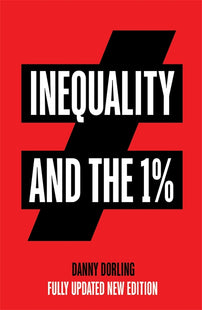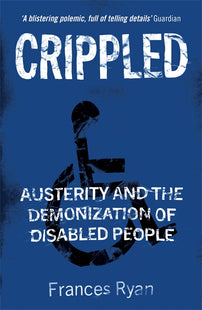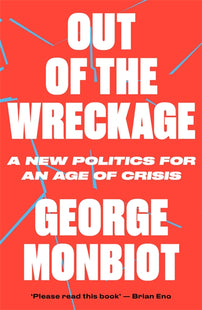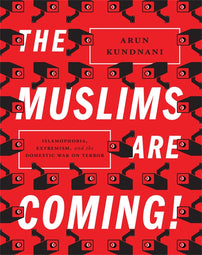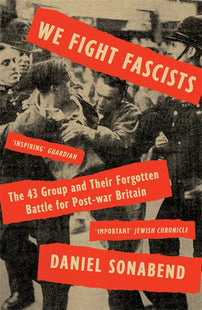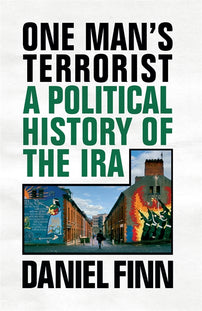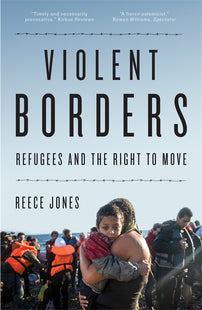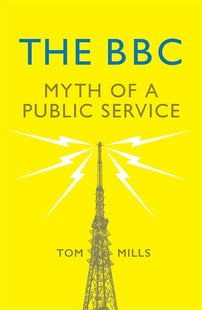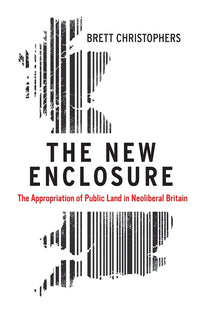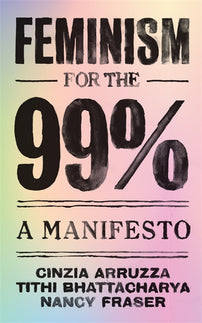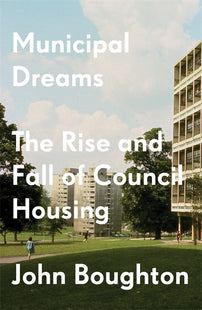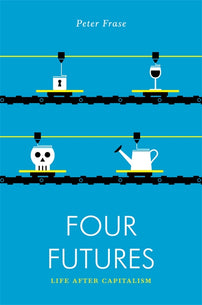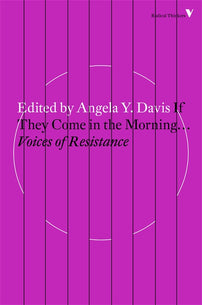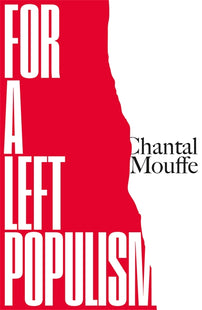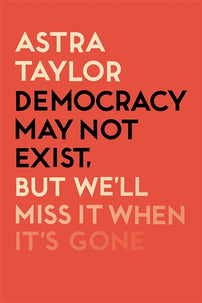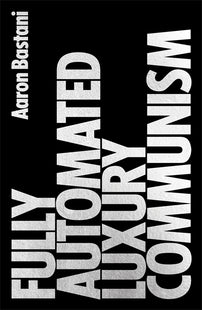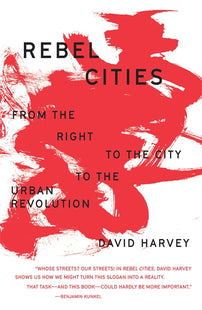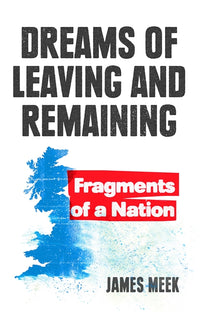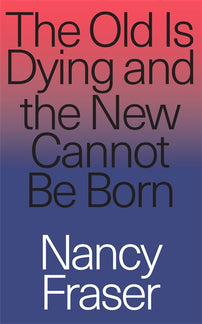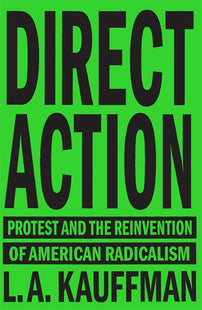Fuck the Tories
A starting point for anyone sharing in our overwhelming sense of anger and despair, as well as those looking for inspiration from resistance movements and organising strategies.
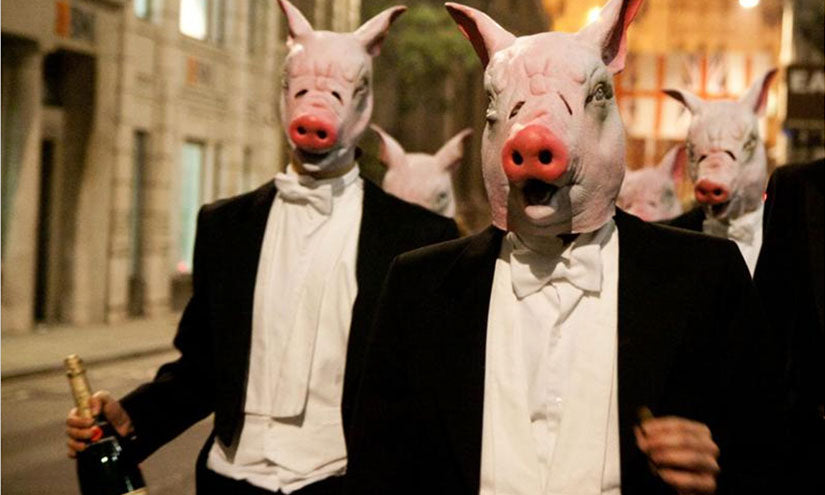
The results of the UK election have devastated all those hoping to avoid another 5 years of terrifying Tory cuts and the ongoing rise of right-wing politics. Put simply: the fear and upset is palable.
Whilst the new year will bring opportunity for reflection and organising, the fight-back starts now. Our media is controlled by billionaires with their own political agendas, and so publishing will be an important part of that – a space to challange the status quo and disseminate ideas for organising, as well as look to resistance movements of the past. These books are a good starting point.
Whilst you are here – please consider donating to the UK publishing fundraiser for foodbanks. Between 1 April 2018 and 31 March 2019, the Trussell Trust’s food bank network distributed 1.6 million three-day emergency food supplies to people in crisis, a 19% increase on the previous year. More than half a million of these went to children. In the last five years, food bank use in the UK has increased by 73%. Fuck the Tories.
[book-strip index="1" style="buy"]How migrants became the scapegoats of contemporary mainstream politics.
[book-strip index="2" style="buy"]In Inequality and the 1% leading social thinker Danny Dorling lays bare the extent and true cost of the division in our society and asks what have the super-rich ever done for us? He shows that it is the 1% that threatens us with the most harm and why we must urgently redress the balance.
[book-strip index="3" style="buy"]The austerity crisis and threat to disability rights.
[book-strip index="4" style="buy"]We are living in an age of unprecedented poverty. But who are the new poor? And what hope do they have?
[book-strip index="5" style="buy"]To protect the future of life on earth, we need to do more than just reimagine the economy—we have to change everything. One of the seminal thinkers of the program that helped ignite the US Green New Deal campaign, Ann Pettifor explains how we can afford what we can do, and what we need to do, before it is too late.
[book-strip index="6" style="buy"]A toxic ideology of extreme competition and individualism has come to dominate our world. Both democracy and economic life can be radically reorganized from the bottom up, enabling us to take back control and overthrow the forces that have thwarted our ambitions for a better society.
[book-strip index="7" style="buy"]This anthology, global in scope, presents voices of dissent from every era of human history: speeches and pamphlets, poems and songs, plays and manifestos. Every age has its iconoclasts, and yet the greatest among them build on the words and actions of their forerunners. The Verso Book of Dissent should be in the arsenal of every rebel who understands that words and ideas are the ultimate weapons.
[book-strip index="8" style="buy"]“Priyamvada Gopal is an astonishing writer and thinker, one who is fearless in how she uses history to explain where we are now. Her work is essential to showing how empire and colonialism pervades every nook and cranny of the British establishment today and why we should all continue to speak truth to power, like she does every damn day.” – Nikesh Shukla, editor of The Good Immigrant
[book-strip index="9" style="buy"]Powerful critique of UK and US surveillance and repression of Muslims and prosecution of homegrown terrorism.
[book-strip index="10" style="buy"]In 1946 many Jewish soldiers returned to their homes in England imagining that they had fought and defeated the forces of fascism in Europe. Yet in London they found a revived fascist movement inspired by Sir Oswald Mosley and stirring up agitation against Jews and communists. Forty-three Jewish servicemen met together and set up a group that tirelessly organised, infiltrated meetings, and broke up street demonstrations to stop the rebirth of the far right. This is their story.
[book-strip index="11" style="buy"]A history of “the Troubles”: the radical politics of Republicanism.
[book-strip index="12" style="buy"]A major new exploration of the refugee crisis, focusing on how borders are formed and policed.
[book-strip index="13" style="buy"]The BBC is one of the most important institutions in Britain; it is also one of the most misunderstood. Despite its claim to be independent and impartial, and the constant accusations of a liberal bias, the BBC has always sided with the elite. As Tom Mills demonstrates, we are only getting the news that the Establishment wants aired in public.
[book-strip index="14" style="buy"]How public land has been stolen from the British people.
[book-strip index="15" style="buy"]Feminism shouldn’t start—or stop—with the drive to have women represented at the top of their professions. It must focus on those at the bottom, and fight for the world they deserve. And that means targeting capitalism. Feminism must be anticapitalist, eco-socialist and antiracist.
[book-strip index="16" style="buy"]In this landmark reappraisal of council housing, historian John Boughton presents an alternative history of Britain. Traversing the nation, he offers an architectural tour of some of the best and most remarkable of our housing estates, and in doing so offers an engrossing social history of housing in Britain. As well as the crisis wrought by Right to Buy, and the evolving controversies around regeneration. Boughton shows how the loss of the dream of good housing for all is a danger for the whole of society.
[book-strip index="17" style="buy"]Workers and Capital is universally recognised as the most important work produced by operaismo, a current of political thought emerging in the 1960s that revolutionised the institutional and extra-parliamentary Left in Italy and beyond. Far from being simply an artefact of the intense political conflicts of the 1960s, Tronti’s work offers extraordinary tools for understanding the powerful shifts in the nature of work and class composition in recent decades.
[book-strip index="18" style="buy"]From one of the most prominent voices on the American left, a galvanizing argument for why we need socialism today.
[book-strip index="19" style="buy"]In Our History Is the Future, Nick Estes traces traditions of Indigenous resistance that led to the #NoDAPL movement. Our History Is the Future is at once a work of history, a manifesto, and an intergenerational story of resistance.
[book-strip index="20" style="buy"]Peter Frase argues that increasing automation and a growing scarcity of resources, thanks to climate change, will bring it all tumbling down. In Four Futures, Frase imagines how this post-capitalist world might look, deploying the tools of both social science and speculative fiction to explore what communism, rentism, socialism and exterminism might actually entail.
[book-strip index="21" style="buy"]With race and the police once more burning issues, this classic work from one of America’s giants of black radicalism has lost none of its prescience or power
[book-strip index="22" style="buy"]A radical agenda to make our education system fit for the twenty-first century.
[book-strip index="23" style="buy"]What is the “populist moment” and what does it mean for the left?
[book-strip index="24" style="buy"]Did democracy ever exist? Why is it no longer possible? If democracy means rule by the people, what does it mean to rule and who counts as the people? The inherent paradoxes are too often unnamed and unrecognized. But to ignore them is no longer possible. This book offers a better understanding of what is possible, what we want, and why democracy is so hard to realize.
[book-strip index="25" style="buy"]Aaron Bastani conjures a vision of extraordinary hope, showing how we move to energy abundance, feed a world of 9 billion, overcome work, transcend the limits of biology, and establish meaningful freedom for everyone.
[book-strip index="26" style="buy"]Erik Olin Wright has distilled decades of work into this concise and tightly argued manifesto: analyzing the varieties of anticapitalism, assessing different strategic approaches, and laying the foundations for a society dedicated to human flourishing. How to Be an Anticapitalist in the Twenty-First Century is an urgent and powerful argument for socialism, and an unparalleled guide to help us get there. Another world is possible.
[book-strip index="27" style="buy"]Rebel Cities places the city at the heart of both capital and class struggles, looking at locations ranging from Johannesburg to Mumbai, from New York City to São Paulo. Drawing on the Paris Commune as well as Occupy Wall Street and the London Riots, Harvey asks how cities might be reorganized in more socially just and ecologically sane ways—and how they become the focus for anti-capitalist resistance.
[book-strip index="28" style="buy"]James Meek asks what we can recover from the debris of an old nation as we head towards new horizons, and what we must leave behind. There are no easy answers, and what he creates instead is a masterly portrait of an anxious, troubled nation.
[book-strip index="29" style="buy"]Neoliberalism is fracturing, but what will emerge in its wake?
[book-strip index="30" style="buy"]A Planet to Win explores the political potential and concrete first steps of a Green New Deal. It calls for dismantling the fossil fuel industry, building beautiful landscapes of renewable energy, and guaranteeing climate-friendly work, no-carbon housing, and free public transit. And it shows how a Green New Deal in the United States can strengthen climate justice movements worldwide.
[book-strip index="31" style="buy"]A longtime movement insider's powerful account of the origins of today's protest movements and what they can achieve now.
[book-strip index="32" style="buy"]Comrades are equals on the same side of a political struggle. Voluntarily coming together in the struggle for justice, their relationship is characterized by discipline, joy, courage, and enthusiasm. Considering the egalitarianism of the comrade in light of differences of race and gender, Dean draws from an array of historical and literary examples such as Harry Haywood, C.L.R. James, Alexandra Kollontai, and Doris Lessing. She argues that if we are to be a left at all, we have to be comrades.
